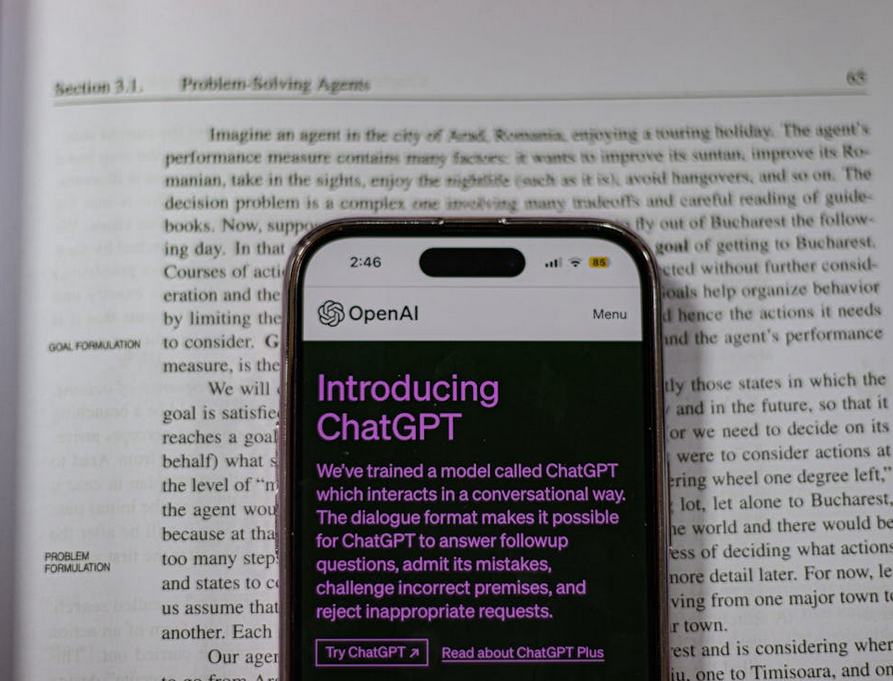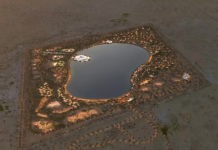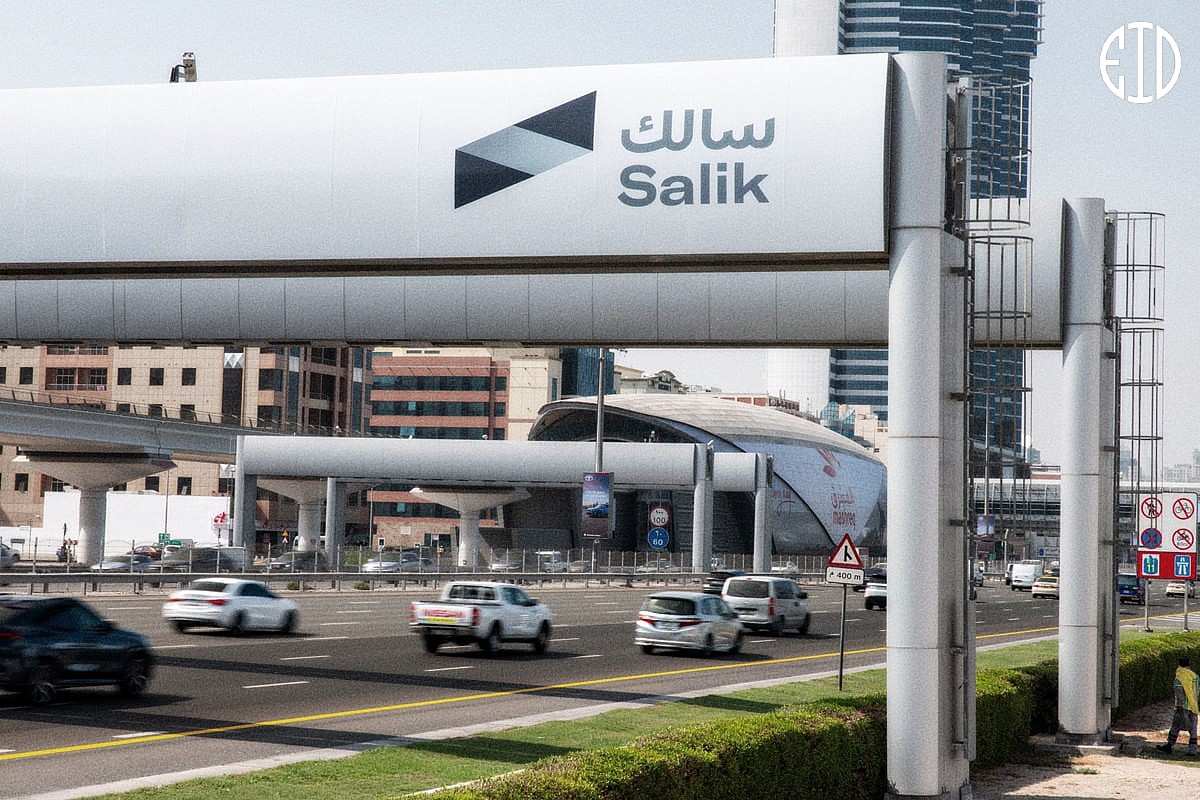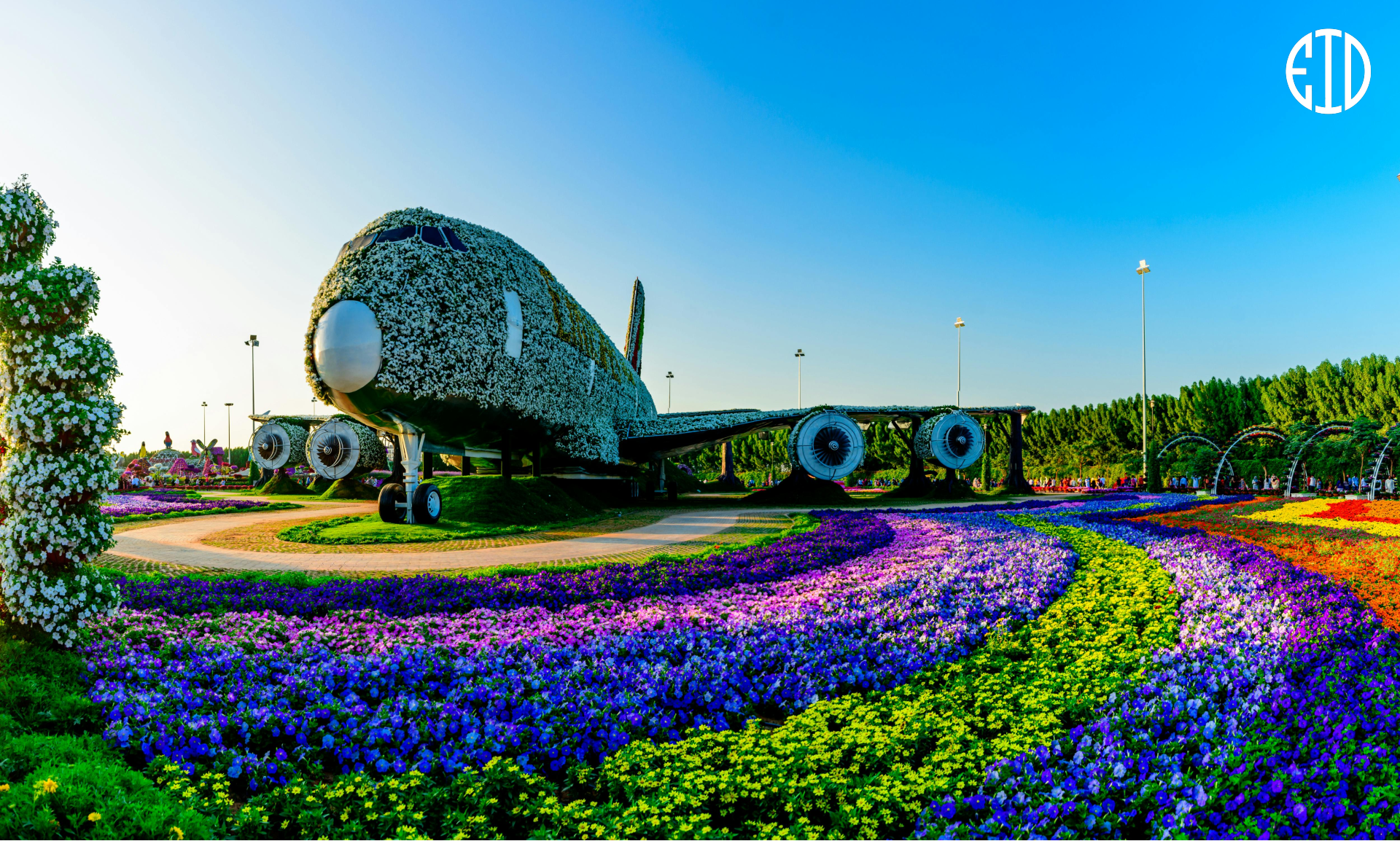The United Arab Emirates (UAE) has signed a groundbreaking agreement with OpenAI to deploy ChatGPT Plus across the nation. This strategic move, announced in 2025, forms part of a broader $1.4 trillion US-UAE investment initiative focused on innovation and economic growth.
UAE Residents Gain Access to ChatGPT Plus
Previously, UAE residents had limited access to ChatGPT, especially the premium ChatGPT Plus version. This new partnership changes that by enabling institutional and governmental access to ChatGPT Plus. While individuals won’t receive free personal subscriptions, the integration will benefit public sector services across healthcare, education, energy, and transportation.
Key Sectors Set to Transform with AI Integration
The UAE government plans to implement OpenAI’s technology in several high-impact sectors:
- Healthcare: AI will enhance diagnostics, patient care, and research. ChatGPT will support medical professionals with data analysis and treatment planning.
- Education: Personalized learning and real-time tutoring will revolutionize classrooms through AI-powered content delivery.
- Energy: AI will optimize renewable energy output, reduce waste, and improve grid management—especially in projects like the world’s largest solar park.
- Transportation: Smart traffic systems and autonomous vehicles will improve safety and efficiency across the UAE’s public transport network.
Stargate UAE: Building the Region’s AI Backbone
Stargate UAE represents OpenAI’s first international deployment of its Stargate infrastructure. Located in Abu Dhabi, this project will create a 1-gigawatt AI computing cluster, with 200 megawatts operational by 2026 and a goal of 5 gigawatts by 2030. The facility will use solar, nuclear, and natural gas to ensure sustainable operations.
Strategic Investment Highlights
| Aspect | Details |
|---|---|
| Job Creation | Over 33,000 new jobs in the U.S., especially in AI and semiconductor sectors |
| Tech Sovereignty | UAE aligns 90% of its tech policies with U.S. standards for secure AI use |
| Infrastructure Growth | Funding supports U.S. quantum computing and semiconductor manufacturing |
Competing on the Global AI Stage
This partnership positions the UAE as a counterbalance to China’s growing influence in AI. The initiative aims to build a “democratically powered AI network” among allied nations, ensuring global AI development remains secure, fair, and transparent.
OpenAI’s Global Vision: The Democratic AI Rail
OpenAI’s Chief Strategy Officer, Jason Kwon, described the UAE deal as a pilot for the “OpenAI for Countries” program. The goal is to establish sovereign AI capabilities in at least ten nations, aligned with U.S. strategic interests. The Stargate UAE project will serve as a model for future deployments in Asia-Pacific regions, including India, Japan, and South Korea.
UAE’s AI Roadmap: Opportunities and Challenges
The UAE’s AI Strategy 2031 outlines a bold vision for national transformation. The Stargate campus will include educational facilities to train local AI talent and support long-term workforce development.
However, the initiative must address key concerns:
- Data Privacy: The UAE and OpenAI will implement a four-layer cybersecurity system developed with the U.S. Department of Energy.
- Ethical AI Use: Legal frameworks must prevent misuse in law enforcement and social services.
- Digital Inclusion: Ensuring access for rural and underserved communities remains a top priority.
Looking Ahead: A Model for Global AI Collaboration
As Stargate UAE becomes operational in 2026, it will serve as a testbed for scalable AI infrastructure and governance. If successful, this model could inspire similar partnerships worldwide, shifting the global AI balance toward a more democratic and secure future.












